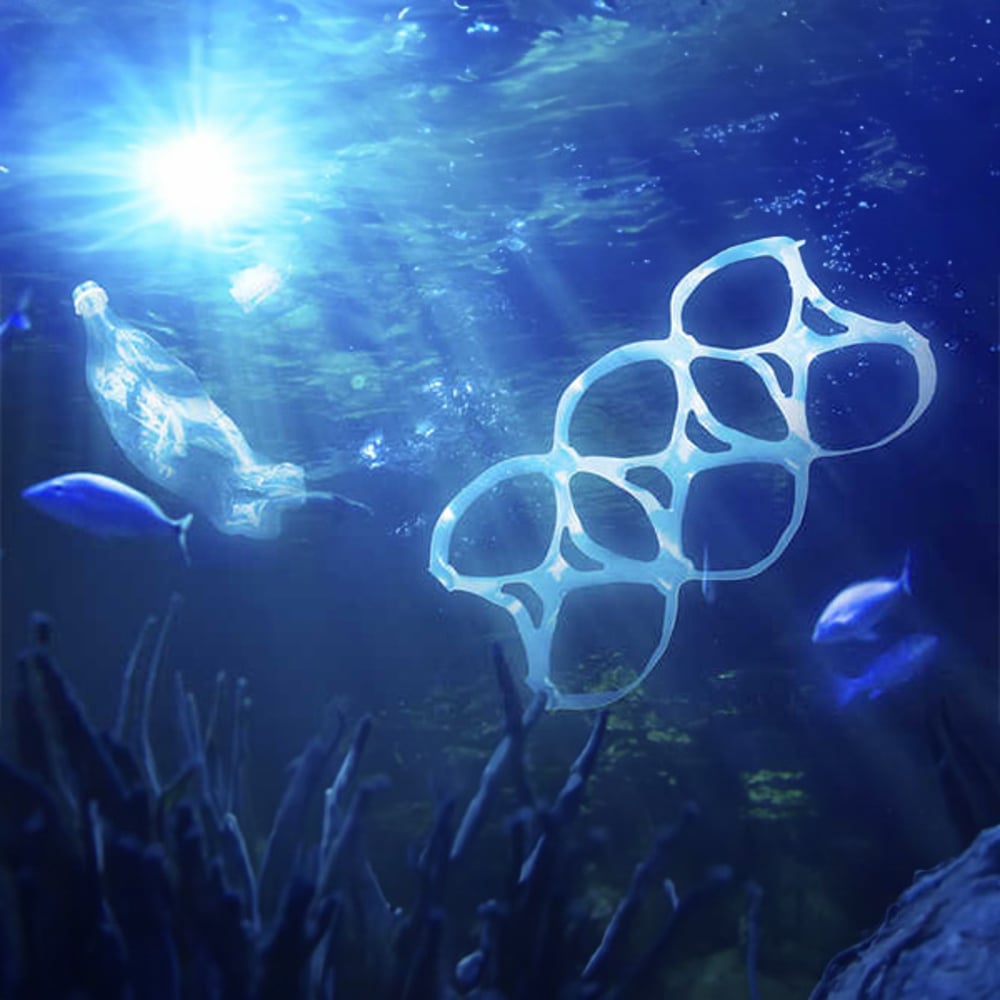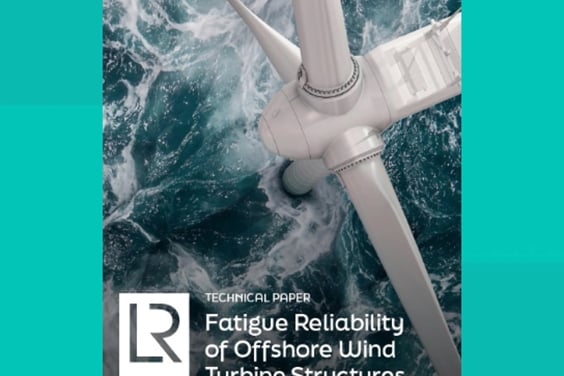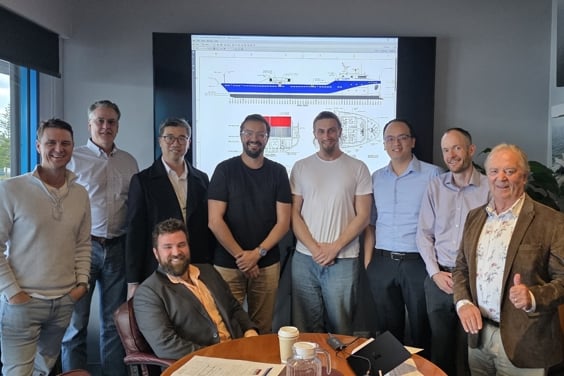On a clear evening as the sun sets ‘Monkey Island’ (the name given to the uppermost deck on board a ship) is one of the best places to see the fumes that billow out from a ship’s funnel. Looking aft you can see how the haze distorts the horizon, the view altered as if one is wearing special yellow Polaroid lenses. The otherwise stunningly clear landless view is blurred by the output of the 50-foot-high funnel.
Glancing down to the lapping waves, there’s another eye-opener – the vast volumes of garbage littering our oceans. Here, despite there being more than 1,000 nautical miles to the nearest strip of coastline, one of the few constants on a five-day Asian voyage has been the sad sight of trash floating in the otherwise pristine seas – plastic bags, kitchen waste, beer cans. It is as if some errant householder has just tipped their rubbish bin straight into the sea.
"Ocean debris kills 100,000 marine animals and turtles, as well as more than a million sea birds through ingestion and entanglement."
There are fines in place for anyone caught littering the oceans, yet this age-old practice has been hard to counter, let alone police when it takes place so far away from public view. It is out at sea, such as here high up on Monkey Island, the wind riffling down from the north, that you get to appreciate the true vastness of planet Earth. Yet on major trade lanes, trash, especially plastic, ensures that rare is the moment when you can genuinely not see anything man-made washing past.
A June 2006 United Nations environmental programme report estimated that there are an average of 46,000 pieces of plastic debris floating on or near the surface of every square mile of ocean. Shipping is by no means responsible for all this waste, but it certainly contributes. The majority of the waste in the oceans is from land sources such as urban run-off.
Today debris in the oceans is a major threat to the marine environment. It is estimated that each year it kills more than a million sea birds, as well as 100,000 marine animals and turtles through ingestion and entanglement.
"Shipping lines should pay a small token sum per cargo to help clean the seas", according to Doug Woodring, co-founder of the Ocean Recovery Alliance (ORA). This non-profit organisation is focused on bringing innovative solutions, technology, collaborations and policy together to impact positive improvements for the health of the ocean.
Woodring, an American citizen based in Hong Kong, proposes shipping lines should make a donation of US$1 per container shipped – or five tons of bulk weight – to some of the programmes that ORA and others are working on, which in the end will make the waters they use, easier and cleaner to work with.
"Shipping is much more switched on these days to the plight of the world’s oceans", says Woodring.
"I believe they are a lot more aware and engaged than five years ago, but there is still a lot that can be done,” he says, adding: “Many are looking at carbon reductions, hull efficiencies, pollution reduction near ports, ballast water, and are also helping more with monitoring and science while at sea."
Issues around marine pollution and solid waste may not be a direct result of the larger carriers, Woodring says, but dumping at sea likely still happens with smaller carriers.
Another issue Woodring wants the maritime community to focus on is a harmonised way of collecting waste in ports. This should avoid becoming too much of a financial burden to those removing their waste, for if it is, it could encourage dumping offshore before entering the port, defeating the purpose in the first place.
ORA continues to work on the two programmes it announced at the Clinton Global Initiative just over three years ago which revolve around the global reduction of plastic waste. One is more B2B related, called the Plastic Disclosure Project, which is like that of carbon reporting. If you measure your use and waste accumulation of plastic, it is then easier to manage and reduce it so that it does not get to the environment at the end of the day. ORA is now working with the United Nations Environment Programme on this, as well as the World Bank.
"We know that plastic has great properties, and can reduce weight and energy use, but it does not go away, and this long- term persistent impact is something that we need to get our heads around," Woodring says. He led an expedition five years ago into the Pacific to highlight the plastic vortex that tends to cluster in the middle of the ocean.
ORA’s other programme is called Global Alert, which will link the world's rivers to the ocean using community reporting of trash hotspots along waterways and coasts.
Sam Chambers is the editorial director of Asia Shipping Media, the publishers of Maritime CEO, SinoShip and SeaShip News.
More information can be found at the the Ocean Recovery Alliance website:
Ocean Recovery Alliance










